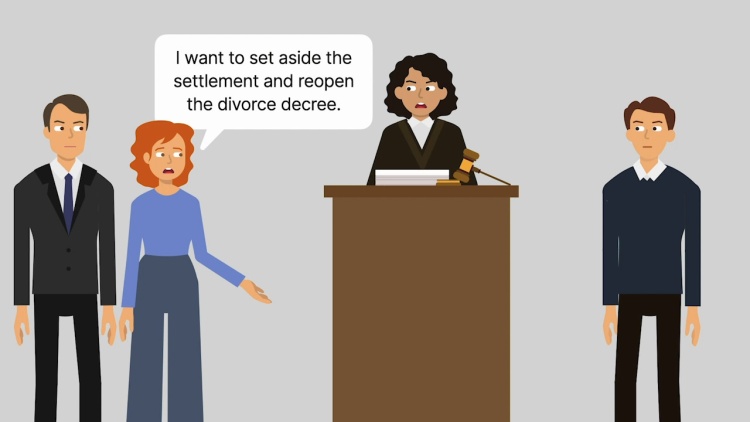Ziegelheim v. Apollo
New Jersey Supreme Court
128 N.J. 250, 607 A.2d 1298 (1992)
- Written by Rose VanHofwegen, JD
Facts
Attorney Stephen Apollo (defendant) represented Miriam Ziegelheim (plaintiff) in her divorce. Ziegelheim’s husband had tremendous earning capacity, and the couple enjoyed a high standard of living while married. Ziegelheim herself had low earning capacity, depended wholly on her husband, and was in relatively poor health. According to Ziegelheim’s expert, given those circumstances she should have received at least half the couple’s marital estate. But Apollo advised Ziegelheim that she should expect to win only 10 to 20 percent of the marital estate at trial, and Ziegelheim agreed to a relatively small settlement. Apollo delayed putting the settlement in writing for nine months and finalized terms that differed from the parties’ agreement. Ultimately the family court nonetheless approved the settlement as fair and equitable. Ziegelheim later discovered her husband allegedly hid assets and tried to reopen the divorce settlement, but the family court refused. Ziegelheim sued Apollo for professional negligence, claiming he erroneously advised her as to what she should recover, failed to find hidden assets, unreasonably delayed the settlement, and finalized its terms erroneously. The trial court granted summary judgment for Apollo, reasoning that the family court’s approving the settlement as fair and equitable precluded litigating that issue, and that Ziegelheim agreeing to the settlement barred her from recovering from Apollo for negligence. The appellate court partially reversed as to Ziegelheim’s claim that Apollo gave her negligent advice, but it affirmed dismissal as to all her other claims. Ziegelheim again appealed.
Rule of Law
Issue
Holding and Reasoning (Handler, J.)
What to do next…
Here's why 907,000 law students have relied on our case briefs:
- Written by law professors and practitioners, not other law students. 47,100 briefs, keyed to 996 casebooks. Top-notch customer support.
- The right amount of information, includes the facts, issues, rule of law, holding and reasoning, and any concurrences and dissents.
- Access in your classes, works on your mobile and tablet. Massive library of related video lessons and high quality multiple-choice questions.
- Easy to use, uniform format for every case brief. Written in plain English, not in legalese. Our briefs summarize and simplify; they don’t just repeat the court’s language.





